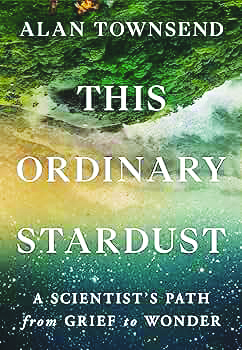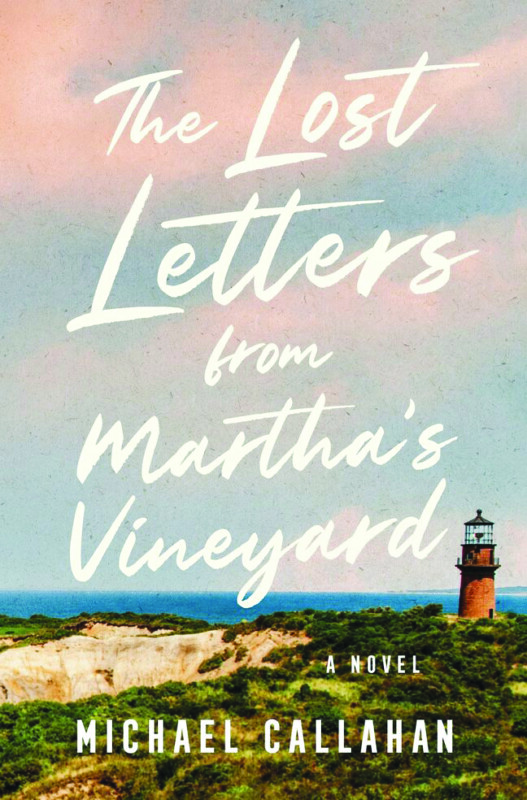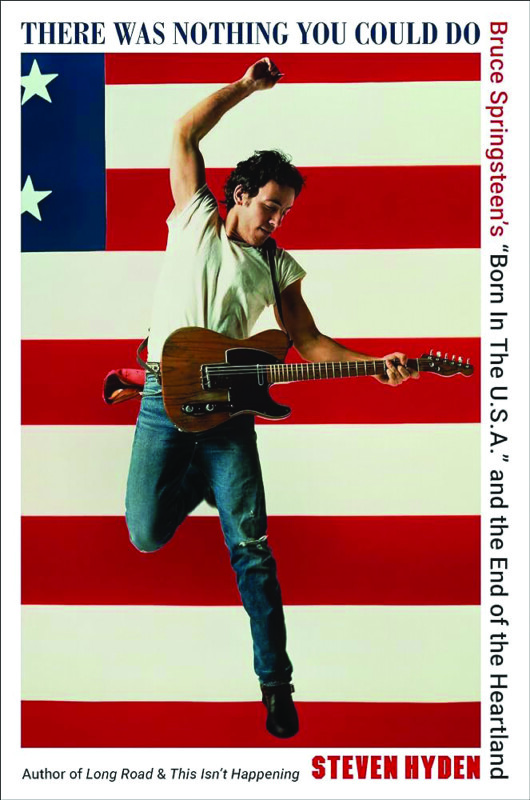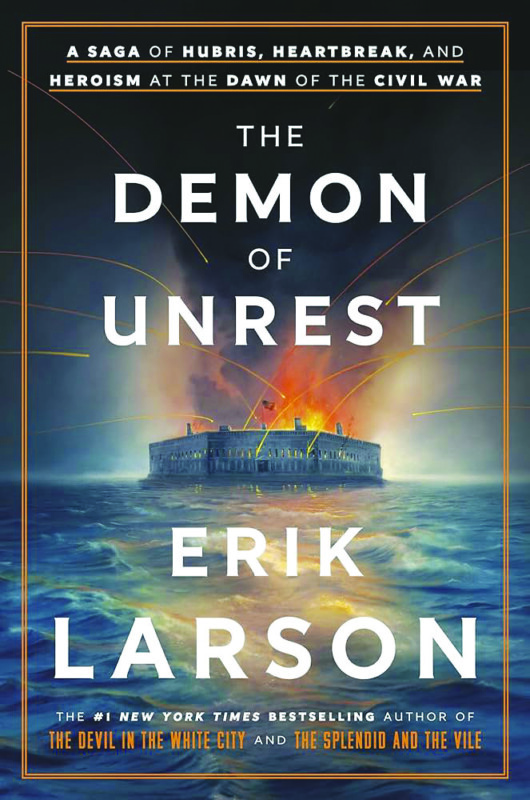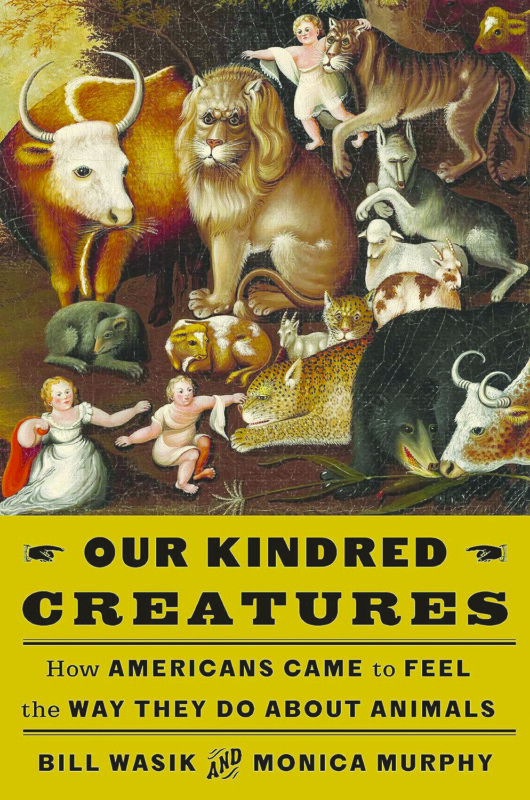The Summer Pact, by Emily Giffin (Ballantine, 352 pages)
For the Love of Summer, by Susan Mallery (MIRA, 400 pages)
Neither The Summer Pact nor For the Love of Summer — despite their titles’ insinuations and their beach-vibe covers — is about summer, the season. The titles both refer to a character named Summer. So cute. Because both authors had this clever idea, and because I read them one after the other and felt equally annoyed by their bait-and-switch covers, I figured I would share their other downfalls.
Emily Giffin’s The Summer Pacthas a trigger warning before the novel begins announcing that difficult themes, including suicide, are present. If you read the jacket cover carefully, it’s pretty easy to figure out what’s going to happen — and it does, in the first 10 pages of the book, so this is not a spoiler but rather the basis of the story. After their college friend Summer dies by suicide, Hannah, Lainey and Tyson make a pact to be there for each other if they are ever in crisis. A decade later, Hannah’s engagement ends abruptly, and she finds herself reaching out to Lainey and Tyson for support.
They each agree that they should embark on a trip together, a journey meant for healing and self-discovery. Instead, it seemed like a messy, depressing coming-together of three people who do not make sense as friends — and not in the quirky, we’re-so-different-it’s-funny kind of way, but in a forced, uncomfortable way.
It might have helped if Giffin had spent more than a few pages at the very beginning on the origins of their friendship, the solid foursome that existed before Summer died. But 10 years post-college, they seemingly have nothing in common other than this pact that they made.
It’s hard to even like or care about most of the characters, especially Lainey, who seems to be on a mission of self-destruction and generally comes across as selfish and immature.
The way Lainey reacts when she meets her half-sister for the first time is just childish. She was wronged by her dad, yes, but she confronts them as if she’s an angry 13-year-old with absolutely no filter or ability to communicate like an adult. When her other half-sister later tries to connect with her, Lainey refuses to have anything to do with her.
Hannah is the meek one of the group. The way she reacts to her fiance’s infidelity is pitiful. It’s infuriating to watch a main character not stand up for herself — and when she finally does, it’s at the prompting of her friends, in their presence, under false pretenses, because she couldn’t confront her cheating fiance on her own.
I didn’t have a problem with Tyson, other than he seemed to be Giffin’s attempt at racial inclusivity, with a lot of focus on the fact that he’s a Black man and not much other character development. That makes it hard to believe the romance subplot that Giffin throws in toward the tail end of the story.
I’ve been an Emily Giffin fan for years and have read all of her previous novels, so this was a disappointment for me.
I wish I had read For the Love of Summer first, because I probably would have appreciated Giffin’s writing a bit more – she, at the very least, does not repeat the same messages over and over again, the way Susan Mallery does in her “summer” novel.
The plot of Mallery’s book is cute: Allison’s husband gets sent to jail, and her stepdaughter — Summer — feels bad for her because she’s got a toddler and a baby on the way and no money, so Summer begs her mom, Erica, to let them move in. New wife living with ex-wife — could be fun, right?
Sadly, somehow, most of the book comes across as depressing and negative, with the exception of Summer, who is so positive and hopeful and empathetic that she’s actually unbelievable. This is another example of a cover that’s made for marketing and not representative of what the book is actually about.
The amount of repetition is maddening — the book easily could have been 100 pages shorter (yes, we know Allison is broke, pregnant and raising a toddler alone – we don’t need every character to think and say this over and over). There’s also at least one significant editing issue, where Mallery uses the wrong character’s name. Both of these issues may be the result of Mallery churning out multiple books a year, because it certainly felt hastily written.
With both of these books, I obviously cared enough to finish reading and find out what happened, which is something (honestly, though, I almost gave up on For the Love of Summer because I was so tired of so many words when so little was happening). If you want to give one of them a try, my vote is for The Summer Pact. But if you’re looking for light, fun, well-written beach reads, don’t let these covers fool you. The Summer Pact, B-; For the Love of Summer, C


